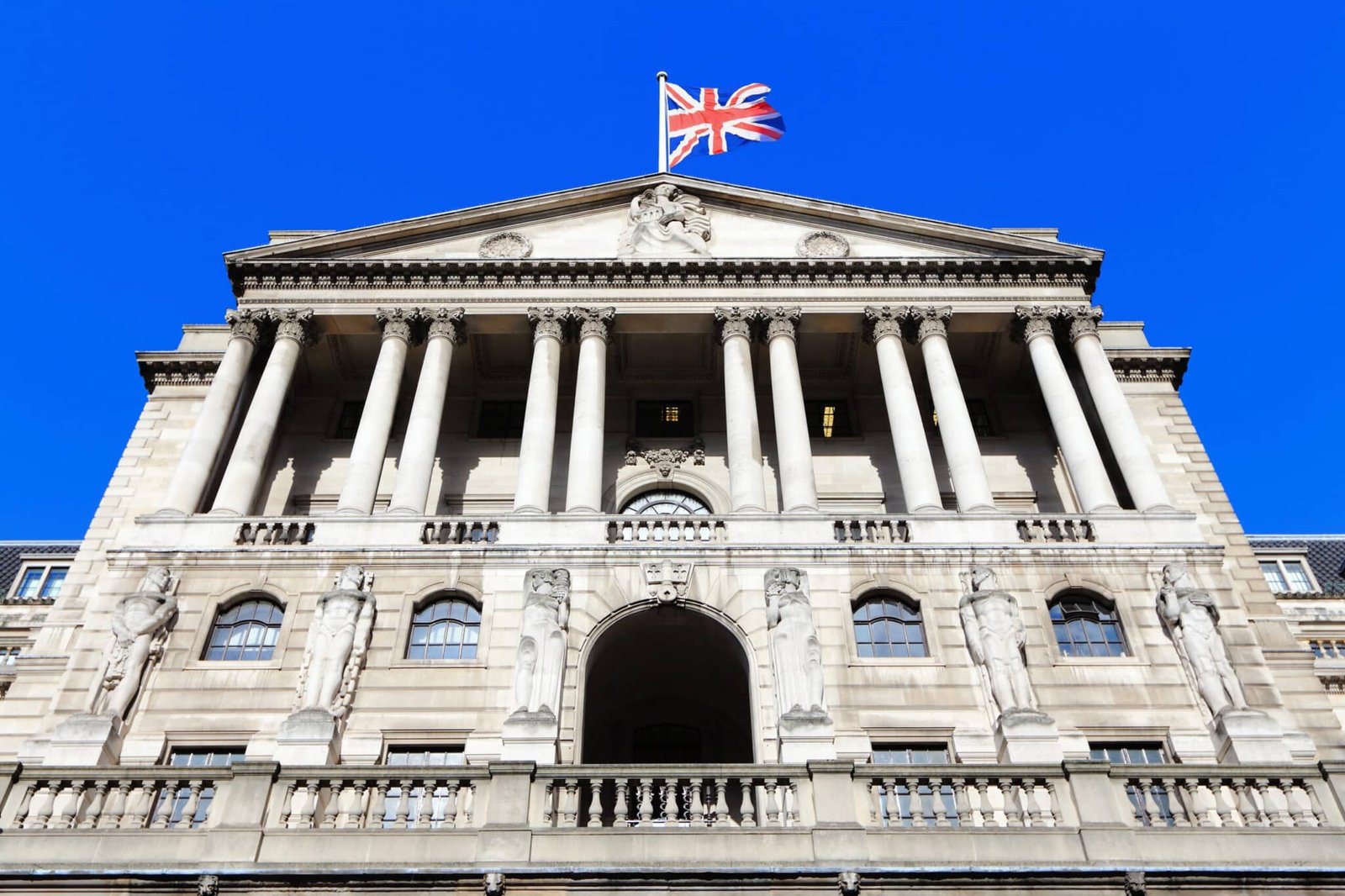Despite experiencing a noteworthy development on Wednesday morning, with headline inflation reaching the Bank of England’s targeted 2% for the first time in almost three years, the Bank of England today decided to hold interest rates at 5.25%.
The decision does not come as much of a surprise as prior to the announcement, traders remained unconvinced that an interest rate cut was imminent. Market indicators suggested a mere 5% likelihood of a Bank Rate reduction, a decrease from earlier predictions.
Speculation regarding a rate cut in August has now also decreased to approximately 30%.
While the 2% inflation milestone is significant, especially with the general election approaching, it was largely anticipated and driven by a substantial year-on-year decrease in energy prices.
Fluctuations in the inflation rate are expected in the upcoming months as the impact of energy prices diminishes.
Policymakers are closely monitoring services inflation, which plays a crucial role in understanding domestic price pressures in the services-focused economy. Services inflation stood at 5.7%, surpassing economists’ 5.5% forecast. Core inflation, excluding volatile components like energy, food, alcohol, and tobacco, remained notably high at 3.5%, exceeding the central bank’s long-term average.
Economists anticipate a potential increase in inflation over the autumn, with a particular focus on services inflation related to salaries and earnings. The Bank of England aims for services inflation to hover around 3%.
The decision on whether the BOE will cut rates in August or September remains uncertain. Wage growth in the UK, excluding bonuses, remained uncomfortably high at 6% in June, despite indications of a more relaxed labour market.
The central bank, in its previous meeting, acknowledged positive inflation trends but stated that the possibility of a rate cut would be evaluated at each meeting based on the latest data. Members of the Monetary Policy Committee were expected to be cautious in their statements today due to the upcoming national vote.
The central bank’s independence is emphasised, with a commitment to taking necessary actions regardless of political events. The upcoming election has put a spotlight on economic performance, making central bank decisions closely monitored by both major political parties.
The European Central Bank’s recent rate reductions contrast with the BOE’s current stance. Economists will be attentive to the BOE’s communication on liquidity conditions and their economic impact, as well as any indications of confidence or concern based on the latest data.


